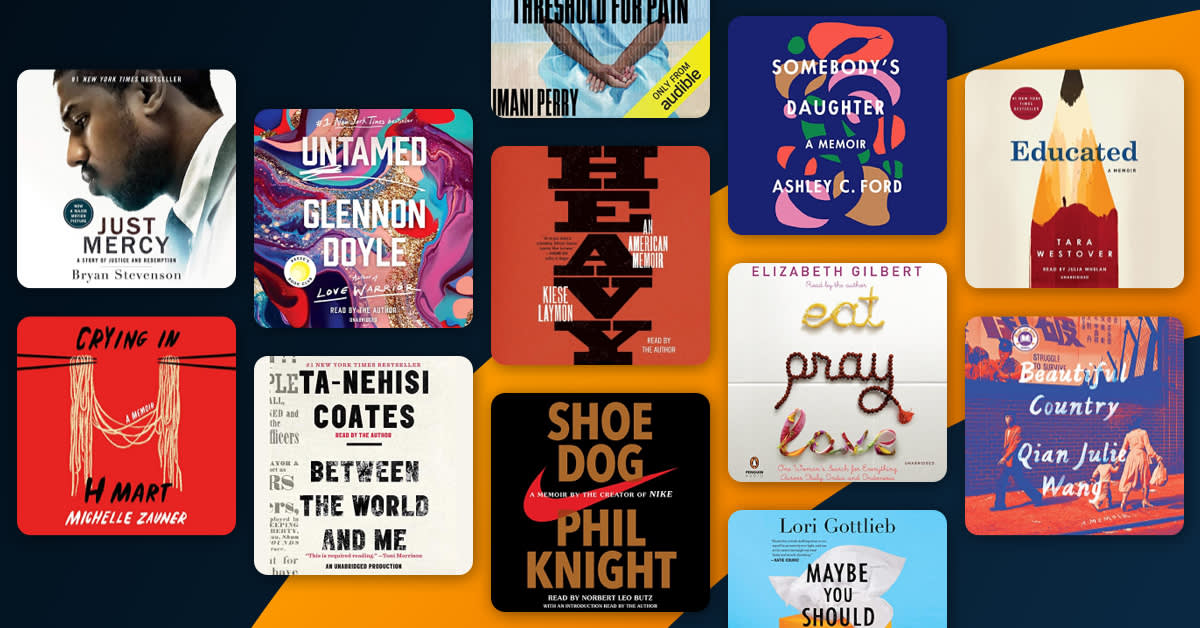Frequently misunderstood and too often maligned, sharks have long been a specter in the public consciousness. Thankfully, the narrow perception of sharks as mindless hunting machines has long been on its way out of favor. With increased visibility of conservation efforts and the popularity of educational programming like Discovery's Shark Week, respect for these complex, awe-inspiring creatures has become more and more widespread, even as we have so much more to learn about them.
Among the scientists leading this shift is Jasmin Graham, a conservation-minded marine biologist who specializes in the study of elasmobranchii, including hammerhead sharks and the critically endangered smalltooth sawfish. In addition to fighting for ecosystem and climate justice, Graham is a strong proponent for diversifying the field through support, mentorship, and specialized programming for gender minorities from communities of color.
She recalls her dedication to keep moving forward in Sharks Don't Sink, a memoir chronicling her life as a self-described "rogue shark scientist." Graham spoke with us about this project, the important of representation and equity in the sciences, and what she hopes listeners will learn about the ocean's most frequently misrepresented creature.
Alanna McAuliffe: Sharks Don’t Sink is your debut. What inspired you to share your story now, and what was the process of recalling, writing, and narrating your life experiences thus far like?
Jasmin Graham: I was really inspired by my literary agent, Chad. At first I felt like I didn't have much story to tell since I am early in my career and typically people don't start writing about their work until much further in their careers. But then he reminded me of the value of sharing a story that was still unfolding. I realized that I felt like I wasn't fit to write a book because I had never seen someone like me write a book like this. So, I wanted to write this book in hopes that the next young woman of color doesn't hesitate the way I did because she sees herself represented already.
I also feel like when people get to read a story that's still in progress, they can celebrate the journey. I think we all need to realize it's not about getting to some end goal in your career—the fun part is the windy path we take to get where we are going. I found the process of writing to be very cathartic, almost therapeutic, in a way. It's not often you get time to reflect on your experiences and examine them to a critical lens in the context of the larger picture of your life. Honestly, even if people don't write it down and publish it, there is a lot of value in that process, and I highly recommend it.
In 2020, you cofounded Minorities in Shark Sciences (MISS), a nonprofit aimed at fostering equity and diversity in marine sciences through community-building, mentorship, workshops, fellowship opportunities, and a variety of educational program offerings beginning in early childhood. As you celebrate four years in operation, do you have any reflections on the strides MISS has made so far or thoughts on what’s next for the organization?
MISS has come so far as an organization thanks to all of our amazing supporters and members. We've created a strong sense of community and connected folks from all over the world who are now able to support each other, mentor each other, collaborate on scientific research projects, and more. We have served hundreds of youth and been able to expose them to marine science and conservation in a fun and engaging way; we've trained dozens of early career scientists; and connected with tens of thousands of people around the world to help them move from fear to fascination when it comes to sharks.
"It is going to take our collective knowledge and wisdom to solve the monumental problems facing our world today, and we need people looking at these issues from all perspectives—which means we need to create an environment where people from different backgrounds are heard, valued, and allowed to thrive."
Not only that, but we've begun to see changes in the culture of shark science. If you search for "shark scientist" today, the image results will show a wide diversity of scientists—many of whom are MISS members. There is a noticeable change in the demographics of scientific conferences, and we have sparked a lot of conversations within various institutions about barriers that exist for people of color. While there is still a long way to go, MISS and the shark science field at large has come a long way in just four years.
In your memoir, you chronicle a path towards a career in marine sciences that was complicated by discrimination and a lack of representation throughout the field, an unjust status quo that you’ve worked to upend. Why is it so critical to the future of science and technology that academic, research, and field environments be wholly inclusive?
We at MISS often say, "Diversity in scientists leads to diversity in thought, which leads to innovation." It is going to take our collective knowledge and wisdom to solve the monumental problems facing our world today and we need people looking at these issues from all perspectives—which means we need to create an environment where people from different backgrounds are heard, valued, and allowed to thrive. Not only is it the right thing to do from the perspective treating others humanely, it is also the only way we can move forward effectively in science.
Sharks have long been misunderstood and maligned in pop culture and public thought. What do you hope listeners will take away from your research in the field and your recollections of time spent amongst these oft-feared creatures?
I hope listeners come to know and respect sharks. I hope they can see past the negative stereotypes and understand that this is a valuable and important group of animals in need of our protection, not our scorn.
Do you have any personal favorite audiobooks or podcasts that you’d recommend to listeners?
One of my favorite audiobooks is Trevor Noah's Born a Crime, which touches on race relations, social justice, and the impacts of apartheid in South Africa.




